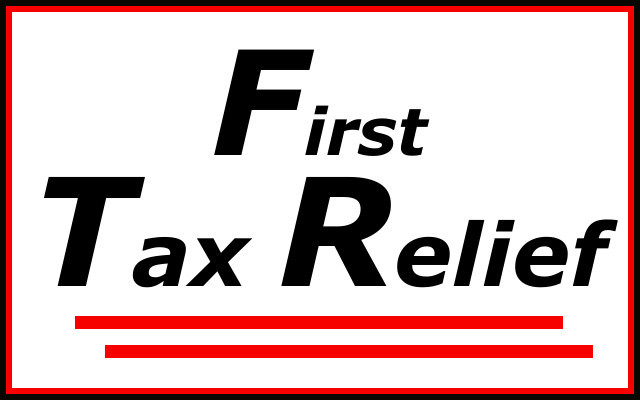Even in the middle of the intensity of the busy tax filing season in Cleveland, we occasionally become the target for somebody’s frustration.
Over the years, and especially when things are busy and stressful, we’ve had to learn about how to best handle matters when a Cleveland client is becoming (for some reason or another) very upset. Again, this is rare — but in some cases, the client displaces their anger towards the IRS and puts it into their interactions with us. (“No, Brian, we actually aren’t the ones who are sending you all of that audit correspondence. That would be the nice people at the Department of Treasury.”)
However, what we’ve discovered is that when we handle it rightly, we can leave upset Cleveland clients even happier with us than even some of our most “reliable” and happy clients.
And I should hasten to add that “Brian” is a fictional name, and we wouldn’t ever be as rude as what I just typed up there. 🙂
No, we have tried to train our people with an actual plan for handling such matters, so that in the rare instance it does occur, we handle things properly.
A Cleveland Business Owner’s Simple Plan For Dealing With Angry Customers
“Wherever there is a human being, there is a chance for a kindness.” -Seneca
In ANY Cleveland business, it is inevitable that there will be an instance of misplaced expectations between angry customers and the Cleveland business.
And you can choose to allow these interactions to happen at random, trusting in the emotional competency of your staff … or, well, you can develop procedures that will make things right, and almost every time.
We came across a simple system years ago that I’ll share with you now — because no matter what level of frustration comes forth, this is truly the best way to move towards a happy resolution.
It can be summarized by the “HEAR” acronym…
1) Hear the angry customer and don’t interrupt.
You don’t interrupt for two reasons:
A. It’s rude to interrupt
B. When people are upset they practice what they are going to say. And they practice it from the beginning. If you interrupt, they are going to start all over again and go off script.
So … don’t interrupt. Obviously, if the client is getting loud and unruly you may need to quietly interrupt. But, in almost all cases, don’t.
2) Mirror back (Empathize) with something like:
“I can understand why you’re upset. I would be upset too.” Or, “I’m really sorry that happened to you.”
3) Ask: “What can I do to make this right?”
It doesn’t get much easier than that. Often, you won’t even have to ask the question because it’s pretty obvious what needs to be done. What’s most important in this step is that the attitude is right — empathy is everything!
4) Resolve – Unless the request is absolutely ridiculous, DO IT!
What’s so great about this approach (and this has been studied, proven and established with myriad scholarly studies): Often you leave the customer even HAPPIER with you than before the problem occurred!
Yes, that’s actually a likely scenario, because they will appreciate how you bent over backwards to make them happy again.
When you put in place a regularized plan, good things happen.
Feel very free to forward this article to a Cleveland business associate or client you know who could benefit from our assistance — or simply send them our way? While these particular articles usually relate to business strategy, as you know, we specialize in tax preparation and planning for Cleveland families and business owners. And we always make room for referrals from trusted sources like you.
Warmly,
Rich Rhodes
(833) Low-Taxx
First Tax Relief






